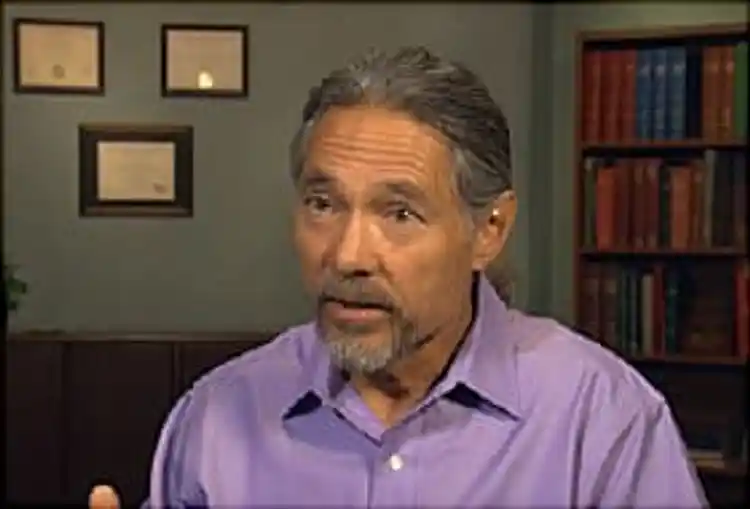The Rise in Obesity

Hide Video Transcript
Video Transcript
Kenneth Fujioka, MD
So when you look at the changes in the last 40 to 50 years, for humans, they’ve been rather dramatic. In the sense that obesity and being overweight was not nearly the problem it is now. I mean, our rate has literally doubled. That’s a huge change. So, what happens? So one is, our genetics were set up for again, a life where one, we had to move a lot more, but two, there weren’t near as many calories around. We didn’t have this constant intake of calories. And so fast-forward now, 2014, what’s different? Ok, one is, calories are everywhere. They’re very constant. two, you take a bite of something, there’s many more calories per bite. And three is, our portion sizing is much, much larger. And we have data to show that. The average man and the average woman, eat clearly 2-300 more calories per day than, say, 50 years ago. So this is a tough one and the problem is, our genetics really were set up in an environment that was very unfriendly, calorie-wise. We just didn’t have enough to eat. So, we’re hanging on to every calorie we can. And it’s gotten so complex that not only our own genetics of our human body, but also the genetics in our intestinal tract. In other words, we have millions and billions of bacteria in our intestines that actually have genetics, to actually try and hang onto calories and put them into the human body as well. Symbiotic with humans. So, it’s gotten very complex, but in essence, the perfect storm. 